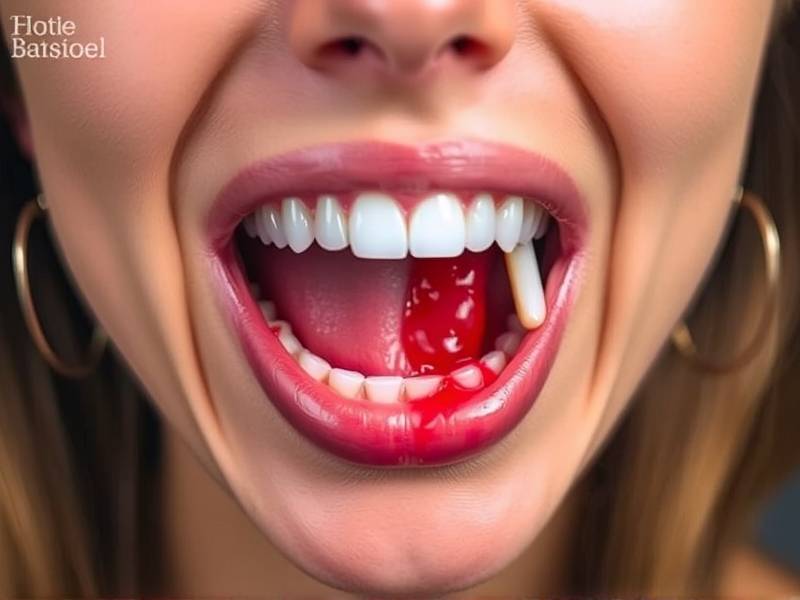How to Stop Bleeding Gums After Quitting Smoking: Effective Tips and Solutions
How to Stop Bleeding Gums After Quitting Smoking: Effective Tips and Solutions
Introduction: Quitting smoking is a significant step towards a healthier lifestyle. However, it's not uncommon to experience bleeding gums after giving up the habit. This article will provide you with effective tips and solutions to help stop bleeding gums after quitting smoking.
-
Understanding the Causes of Bleeding Gums Bleeding gums after quitting smoking can be attributed to several factors. One of the primary reasons is the body's healing process as it recovers from the damage caused by smoking. Other causes include poor oral hygiene, gum disease, and hormonal changes.

-
Improving Oral Hygiene Proper oral hygiene is crucial in preventing and treating bleeding gums. Here are some essential steps to follow:
- Brush your teeth at least twice a day with fluoride toothpaste.
- Use a soft-bristled toothbrush to avoid damaging your gums.
- Floss daily to remove food particles and plaque between your teeth.
- Use an antiseptic mouthwash to kill bacteria and reduce inflammation.
-
Regular Dental Check-ups Regular visits to your dentist are vital in identifying any underlying dental issues that may contribute to bleeding gums. Your dentist can provide professional cleaning and offer personalized advice on maintaining healthy gums.
-
Nicotine Replacement Therapy (NRT) Nicotine replacement therapy can help alleviate withdrawal symptoms while promoting gum health. NRT products, such as nicotine gum or lozenges, can be used as a substitute for smoking cigarettes.

-
Avoiding Irritants Certain irritants can exacerbate bleeding gums, so it's essential to avoid them:
- Refrain from drinking alcohol or consuming caffeine in excess.
- Avoid using tobacco products, including chewing tobacco or e-cigarettes.
- Limit exposure to allergens or irritants that may affect your oral health.
- Eating a Balanced Diet A well-balanced diet rich in vitamins and minerals can support gum health. Incorporate the following foods into your diet:
- Vitamin C-rich fruits like oranges, strawberries, and kiwis.
- Leafy greens such as spinach and kale for calcium.
- Dairy products like milk, cheese, and yogurt for calcium.
- Lean proteins like chicken, turkey, or tofu for vitamin D.
- Managing Stress Stress can impact your overall health, including oral health. Practice stress-reducing techniques such as meditation, deep breathing exercises, or yoga to maintain healthy gums.
Conclusion: Bleeding gums after quitting smoking can be concerning but doesn't have to be permanent. By implementing these effective tips and solutions, you can improve your gum health and enjoy the benefits of living smoke-free.
Note: The information provided in this article is for educational purposes only and should not replace professional medical advice. Always consult with a healthcare provider for personalized recommendations regarding your health concerns.
